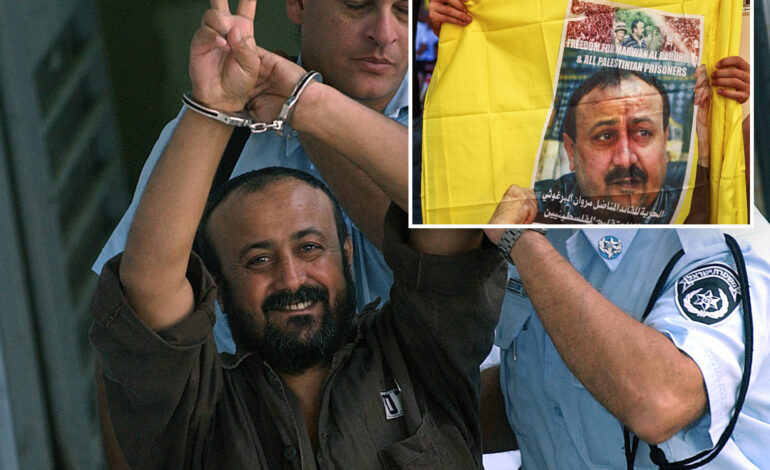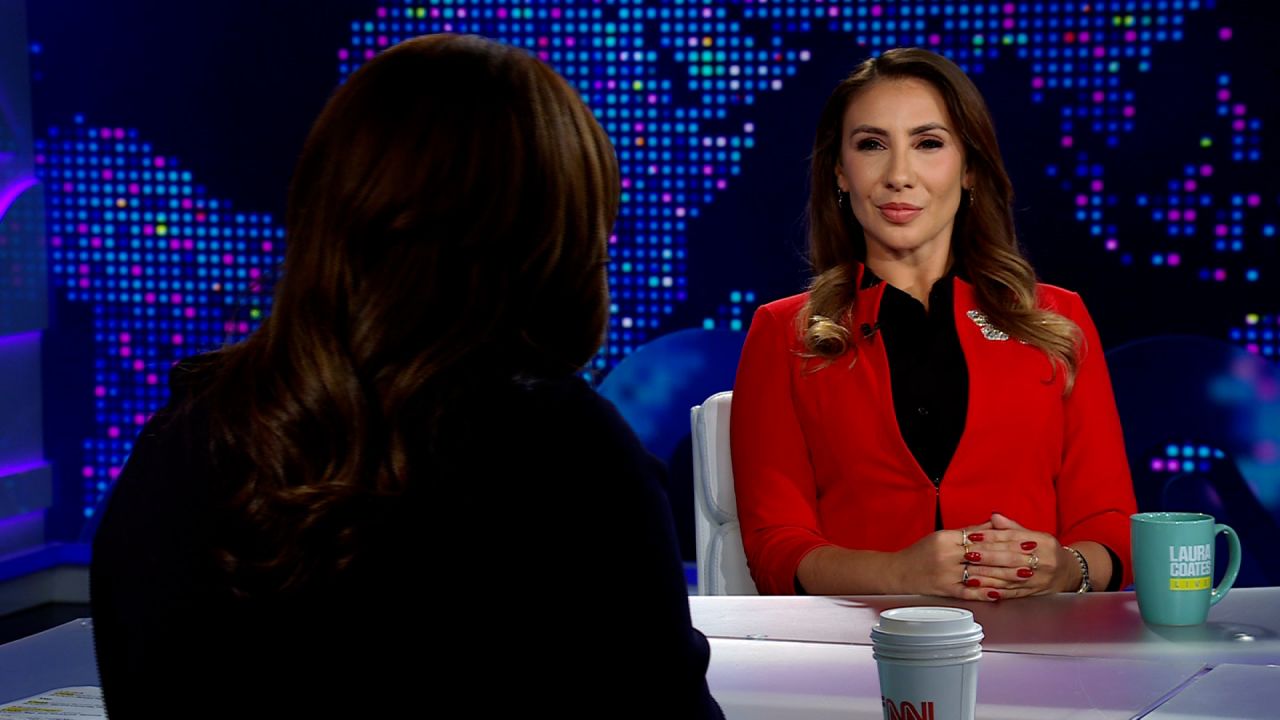Israel Rejects Release of Marwan Barghouti in Ceasefire Deal

Israeli authorities have decided not to include one of the most prominent Palestinian leaders, Marwan Barghouti, in a recent prisoner release linked to a ceasefire agreement with Hamas. Barghouti, who has been described as a unifying figure among Palestinians, is currently serving multiple life sentences for his involvement in attacks that resulted in the deaths of five individuals. This decision comes alongside a broader framework for a ceasefire and the release of hostages held by Hamas.
The ceasefire, which took effect on October 27, 2023, includes provisions for Hamas to release approximately 20 Israeli hostages by the end of the weekend. In exchange, Israel is set to release around 250 Palestinian prisoners, a move that has profound implications for both sides. While Israeli officials regard many of these prisoners as terrorists, many Palestinians view them as political prisoners or freedom fighters.
Israeli officials have rejected releasing Barghouti and other high-profile prisoners, raising questions about the finality of a list of around 250 prisoners released on the Israeli government’s official website. Mousa Abu Marzouk, a senior Hamas official, confirmed in an interview with Al Jazeera that Hamas insists on the release of Barghouti and is currently in discussions with mediators regarding this demand.
Barghouti’s Role and Significance
Barghouti is often hailed as a significant figure in Palestinian politics. He emerged as a leader during the first Palestinian uprising and has been a vocal advocate for a two-state solution, despite his historical support for armed resistance against Israeli occupation. Some Palestinians liken him to Nelson Mandela, viewing him as a potential catalyst for unity within the fractured Palestinian leadership.
Israeli officials are reportedly wary of his influence. Barghouti’s popularity is underscored by polls consistently showing him as the most favored Palestinian leader, and his release could bolster Palestinian institutions, a notion that concerns Israel’s right-wing government. In a political landscape where Mahmoud Abbas’s leadership is increasingly challenged, Barghouti’s ascendance could signal a shift away from the current administration.
Barghouti has been incarcerated since 2002 and was convicted in a trial that many human rights advocates criticized as politically motivated. He has consistently maintained that his actions were in defense of Palestinian rights and has articulated a vision for peaceful coexistence alongside Israel. In a 2002 editorial for The Washington Post, he stated, “I am not a terrorist, but neither am I a pacifist.” His refusal to defend himself during the trial was a rejection of the court’s legitimacy.
Implications of the Prisoner Exchange
The ongoing negotiations highlight the complexities of the Israeli-Palestinian conflict, particularly regarding the public perception of prisoners. Most of the Palestinian prisoners set for release are members of Hamas and Fatah, many of whom were arrested during the violent escalation of the Second Intifada in the early 2000s. This period saw a significant increase in hostilities, with Palestinian armed groups conducting numerous attacks against Israeli civilians and military personnel, resulting in thousands of deaths on both sides.
Among those included in the release is Iyad Abu al-Rub, an Islamic Jihad commander convicted of orchestrating suicide bombings in Israel. Another notable figure is Samir Abu Naama, a Fatah member who has been imprisoned since 1986. The youngest prisoner to be released, Mohammed Abu Qatish, was arrested at the age of 16 for an attempted stabbing in 2022.
The dynamics surrounding these releases are charged with emotion and political significance. Many Israelis view these individuals as terrorists, while Palestinians see them as victims of a prolonged military occupation. The differing narratives reflect deep-seated grievances that continue to fuel conflict between the two sides.
As the ceasefire progresses, the fate of Barghouti remains uncertain. His potential release has been a recurring theme in negotiations, with Hamas leveraging his popularity to gain concessions from Israel. The past experiences of prisoner exchanges have left Israeli officials cautious, particularly after the release of senior Hamas leader Yahya Sinwar in 2011, who later played a critical role in escalating tensions.
Barghouti’s role as a unifying figure could complicate Israel’s long-standing strategy of fostering divisions among Palestinian factions. Analysts suggest that a release could empower Barghouti’s vision for Palestinian unity, which would challenge the status quo maintained by the current leadership. As the conflict continues to evolve, the decisions made in the coming days could have lasting repercussions for both Israel and the Palestinian territories.






